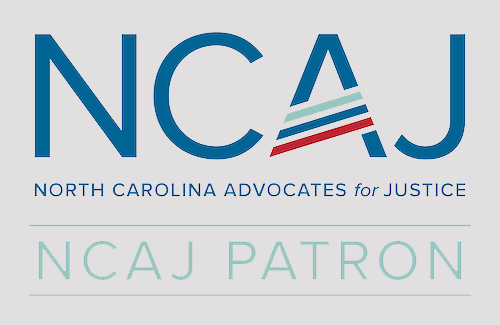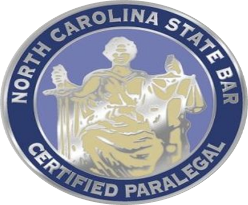Divorce

Absolute Divorce
After being separated for one year, either spouse may file paperwork with the court system to terminate their marriage.
Contact us today to discuss this process and understand the many legal pit falls including how other legal rights can be altered by a divorce.
Related Practice Areas
View More Practice Areas
Ask a Question,
Describe Your Situation,
Request a Consultation
Call (336) 904-9000(336) 904-9000, or fill out the short form below. Don’t hesitate; your questions are welcome.
Required Fields*
Your Information Is Safe With Us
We respect your privacy. The information you provide will be used to answer your question or to schedule an appointment if requested.
Ask a Question, Describe Your Situation, Request a Consultation. Call Us: (336) 904-9000
Ask a Question, Describe Your Situation, Request a Consultation. Call Us: (336) 904-9000
Our Latest Blogs
Facing a DWI Charge in Reidsville, NC? Here’s What You Need to Know About the Penalties
March 1, 2024
Eric RichardsonSuing For Wrongful Death: How to Determine if You Have a Wrongful Death Claim in Reidsville, North Carolina
January 1, 2024
Eric RichardsonNew Greensboro Bar Association President in 2020
December 5, 2023
Eric Richardson











